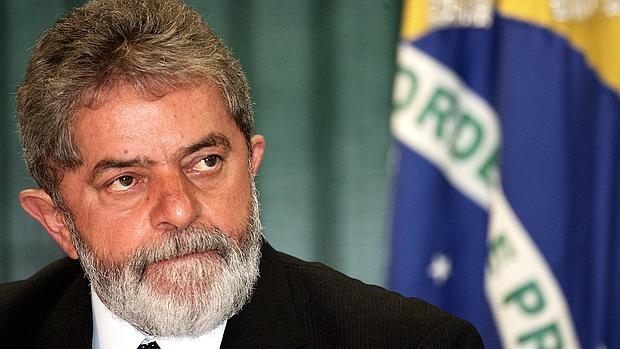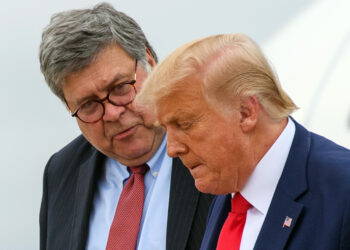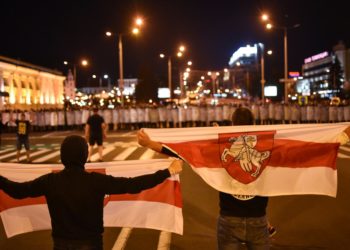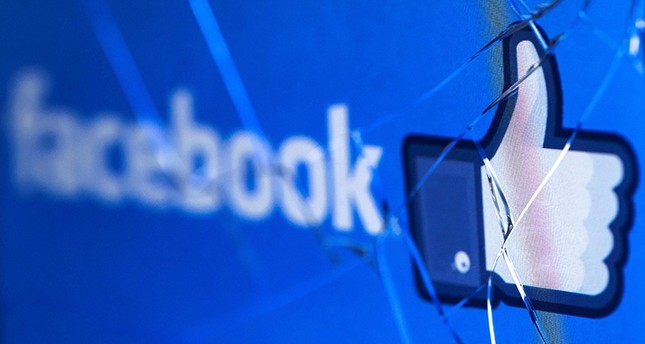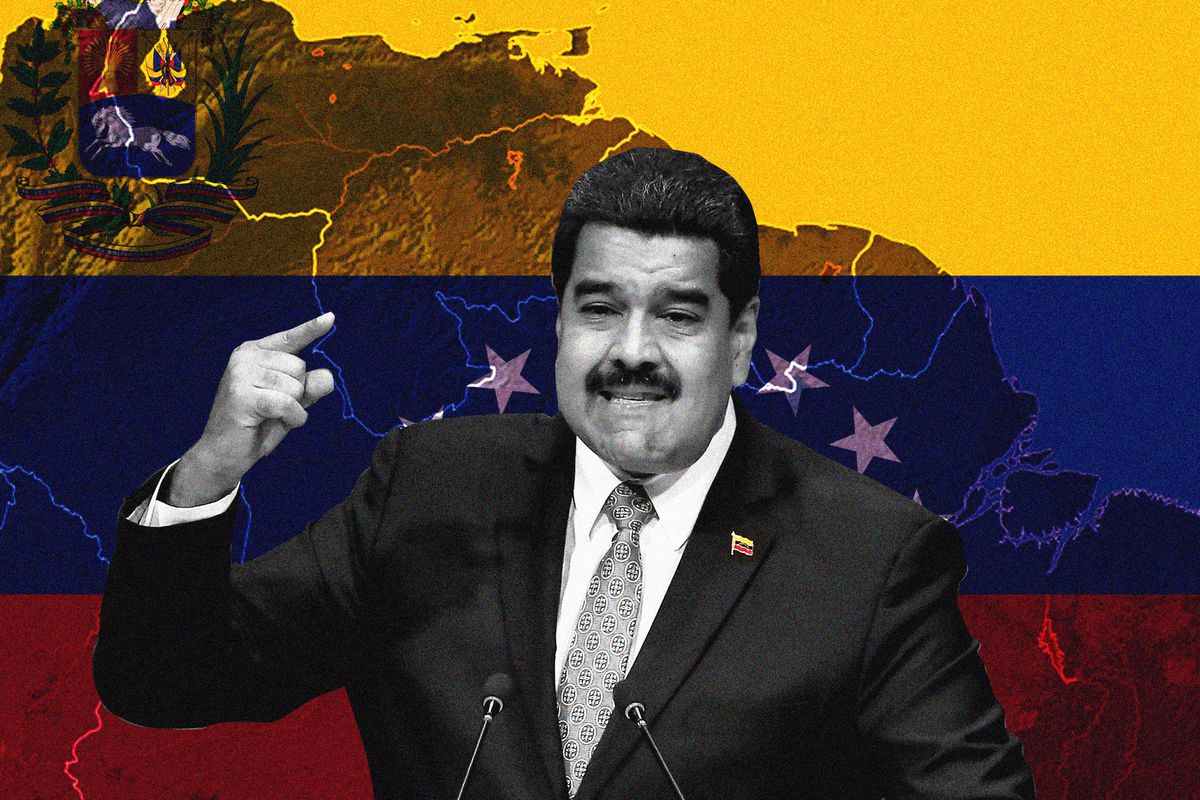Brazil’s leftist Workers’ Party nominated its charismatic founder Luiz Inacio Lula da Silva for the upcoming presidential contest Saturday despite him being imprisoned for corruption.
In a message read aloud to the party convention in Sao Paulo, Lula urged “a ceaseless battle for democracy.” Although serving a 12-year sentence for corruption, Lula, 72, remains by far the frontrunner in opinion polls.
Three big party conventions were held Saturday, two months before the first round of voting on October 7 in Latin America’s dominant economy.
#BREAKING Brazil's Workers' Party nominates imprisoned Lula for president pic.twitter.com/Iegd3fPW0k
— AFP News Agency (@AFP) August 4, 2018
In Brasilia, center-left environmental campaigner Marina Silva was crowned by her Rede party. Also in the capital, former Sao Paulo governor and establishment heavyweight Geraldo Alckmin secured the nod from the center-right Brazilian Social Democratic Party, or PSDB.
Alckmin, 65, accepted his nomination with a speech blaming the Workers’ Party for having laid the roots of today’s economic disarray, with some 13 million people unemployed, and corruption rife, during more than a decade in power.
“I am the candidate whose campaign can be summed up in one sentence: ‘We will change Brazil and give back to Brazilians the dignity which has been taken from them,'” he said.
But while both Silva and Alckmin are serious contenders in a likely match-up against controversial right-winger Jair Bolsonaro, it was Lula’s highly unusual convention in Sao Paulo that overshadowed proceedings.
Lula is in prison in the southern city of Curitiba, serving a 12-year sentence for corruption and likely to be barred from the ballot.
But his Workers’ Party issued a call to arms, casting Lula as a victim of a rigged case and vowing to get him back into office, following his largely popular two terms from 2003-2010.
In the Sao Paulo convention center, some 2,000 attendees donned Lula masks and chanted his name. Then, after fiery speeches from Lula’s senior allies, the party faithful heard the leader’s words read out by an actor.
“They want to scrap the people’s right to choose the president,” the message said. “They want to create a democracy without the people. We have an enormous responsibility ahead.”
One supporter, Paulo Henrique Barbosa Mateus, 27, said the Workers’ Party is confident it can somehow get Lula in.
“We’ve got even stronger. Our role is to reinforce his candidacy and make sure he gets his right to be in the campaign, because he is innocent,” he told AFP.
Supporters have one remarkable factor on their side: despite his imprisonment and the corruption scandal, Lula remains far ahead in the polls.
Surveys show him with near double the support of all other main candidates in a first round, crushing any runner-up in the second decisive round two weeks later.
Passing the Torch?
Lula is waiting for final court judgment on whether he can run and it doesn’t look good: under current law anyone losing an appeal of a criminal conviction is not allowed on the ballot.
So despite the leftist leader’s almost cult-like backing, there was close attention being paid to the Workers’ Party choice for vice president — a figure who could end up standing in for the imprisoned leader.
One high-profile possibility is former Sao Paulo mayor Fernando Haddad. A powerful politician, he has signed on to Lula’s legal team, giving him easy access to the prison, and he would be well placed to inherit Lula’s electorate.
But the party appears to be torn, with some fearful of any move that might suggest giving up on the main goal of somehow getting Lula back into the presidential palace. Despite expectations that the issue might be resolved at the convention, no announcement was made.
Alckmin has already named Senator Ana Amelia, who is expected to help him in the south of the country and eat into conservative support for Bolsonaro.
And if Alckmin has gone for a female VP, Silva, 60, has struck a pact with a man, Eduardo Jorge, from Brazil’s Green Party.
At her nomination, Silva recalled her desperately poor childhood and called for a Brazil embracing “unity” instead of hatred.
Bolsonaro, who has positioned himself as a radical right-winger appealing to Brazilians’ fury over crime and corruption, has yet to find his running mate. Names thrown around in Brazilian media reports have included a former astronaut, a member of the royal family and a general.
The problem facing all candidates is the level of voter disgust and apathy.
Two polls show that 33 or 41 percent of voters are undecided or not participating in an election that doesn’t include Lula. If Lula was on the ballot, that number would drop but still account for about a quarter of voters.


